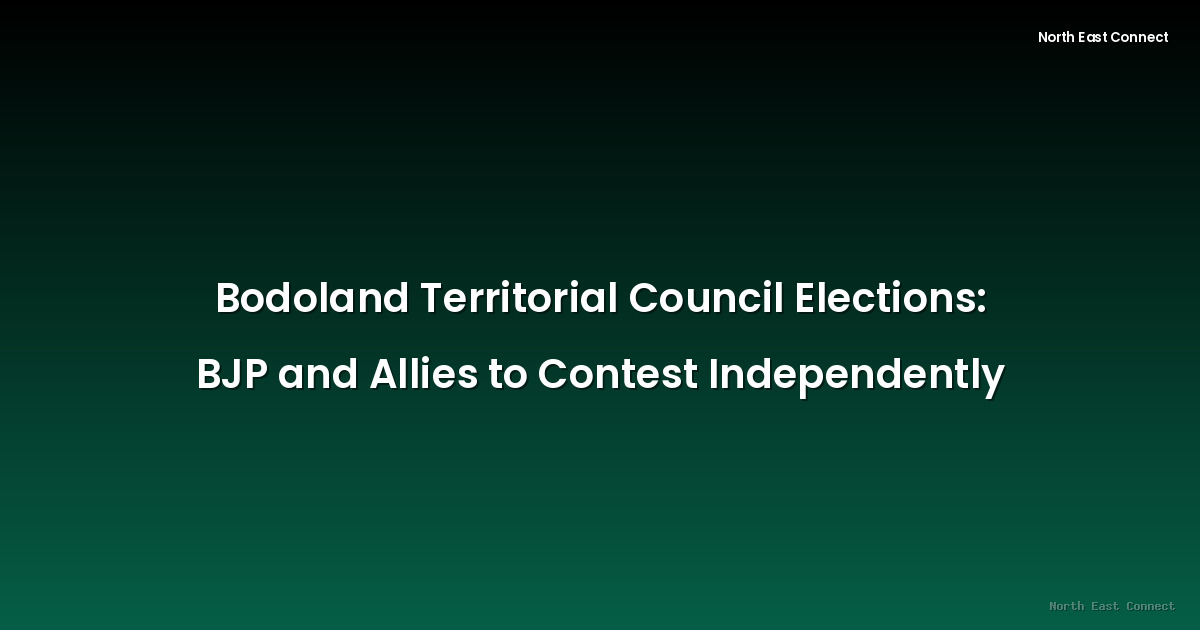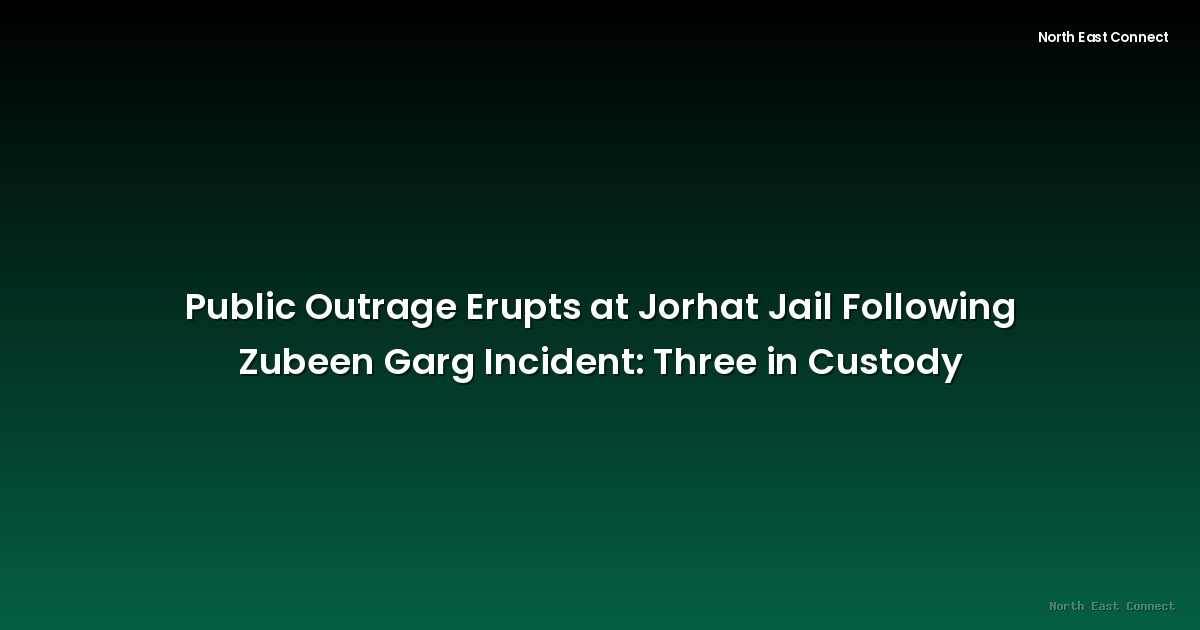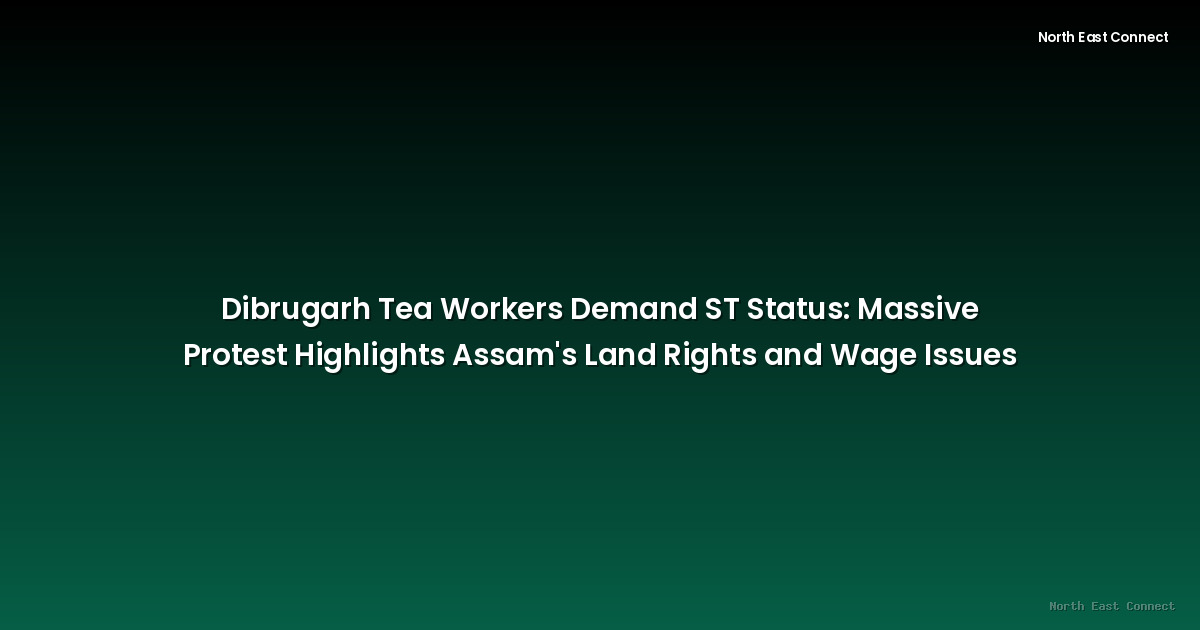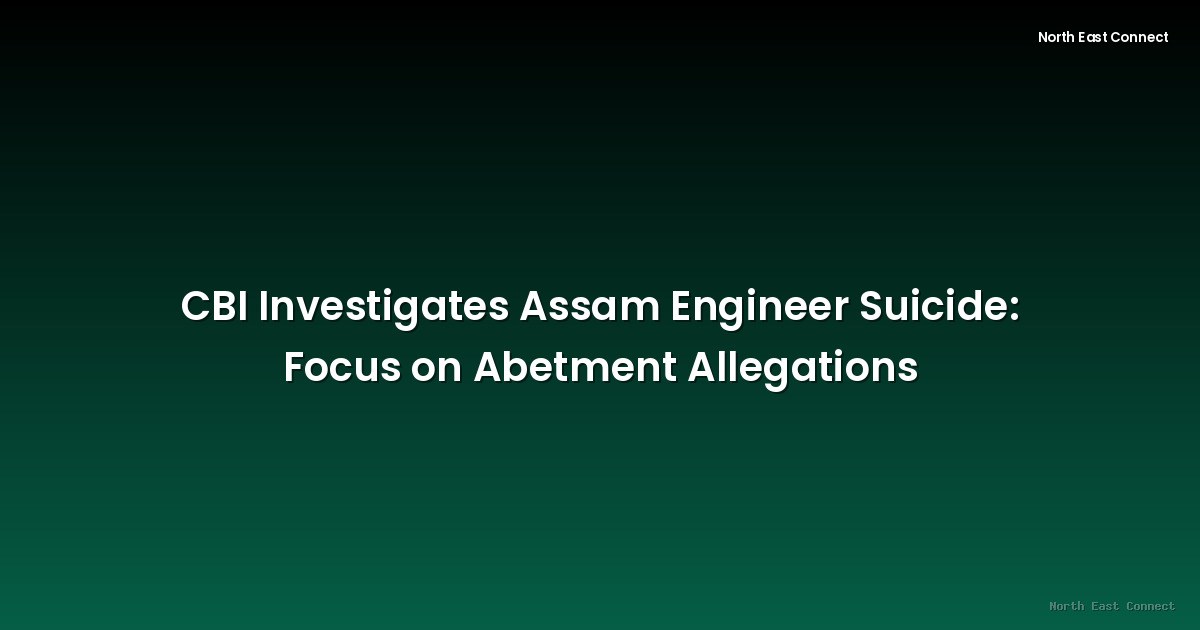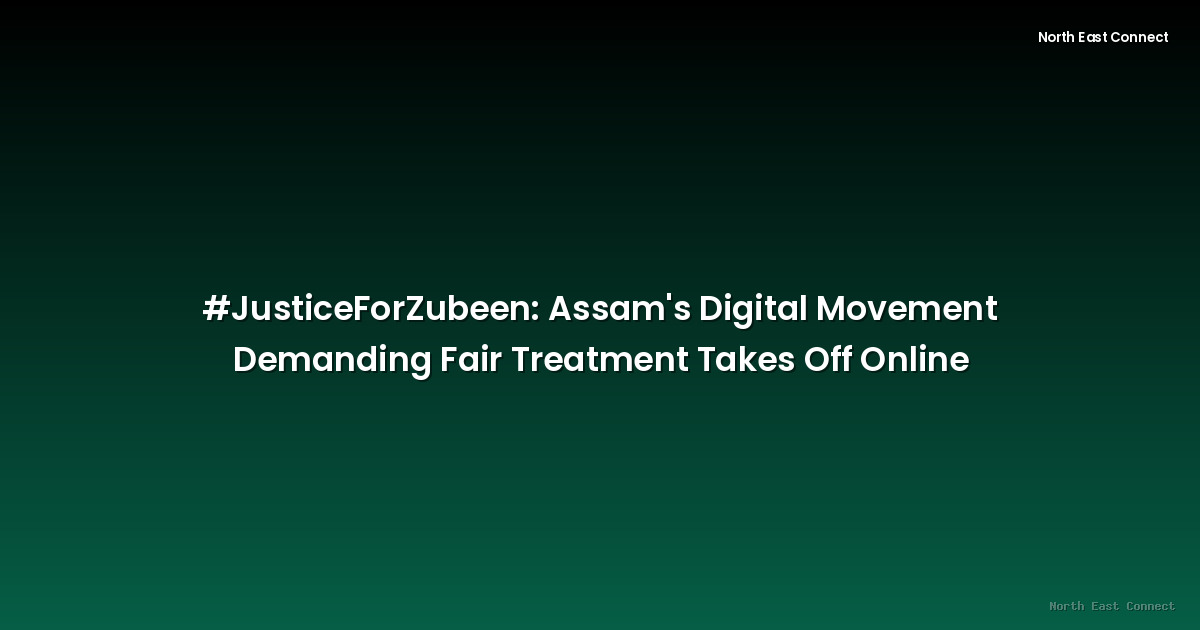2025-09-02 · News
The upcoming Bodoland Territorial Council (BTC) elections in Assam are shaping up to be a keenly contested affair, marked by a significant strategic shift from the ruling BJP. Unlike previous elections, the BJP and its allies have opted to contest the polls independently, setting the stage for a potentially fractured political landscape. This decision has raised numerous questions regarding the party's calculations and the implications for the region's political future.
The BTC, a significant autonomous council within Assam, governs the Bodoland Territorial Region, a predominantly Bodo-inhabited area. The council elections hold immense significance for the region's political and administrative stability. Past elections have witnessed alliances and collaborations between various parties, but this year's independent contesting by the BJP and its allies represents a notable departure from this established pattern.
While the official reasons behind the BJP's decision remain largely unstated, several factors are speculated to be at play. Internal differences within the ruling coalition, coupled with the desire to consolidate the BJP's own power base within the BTC, are among the most frequently discussed explanations. Analysts suggest that the move could be a strategic play to maximize the party's seats and minimize the influence of regional allies. The potential consequences of this strategy are subject to various interpretations.
The BTC elections are also noteworthy for their role in the broader political dynamics of Assam and its relationship with the central government. The outcome of the elections could influence the stability of the state government and the BJP's overall standing in the region. The independent contesting by the BJP and allies further complicates the already complex political landscape of the region, injecting significant uncertainty into the election outcome.
Various political parties, including regional outfits and national players, will be actively participating in the BTC elections. The contest will likely be characterized by intense campaigning, focusing on key issues such as development, infrastructure, and addressing the concerns of various communities within the Bodoland Territorial Region.
The independent approach adopted by the BJP and its allies signifies a significant departure from previous strategies. Its ultimate success or failure will hinge on several factors, including voter turnout, local alliances, and the effectiveness of the campaign strategies employed by the different contesting parties. The upcoming weeks leading up to the election will be crucial in determining the final shape of the political landscape. The outcome will have widespread implications, shaping the political trajectory of the Bodoland Territorial Region and influencing the broader political dynamics of Assam.
The independent contest may lead to a more fragmented council, potentially impacting governance and decision-making processes. The electorate will be closely observing the campaigns and manifestos of all parties to understand their approaches to resolving the region's challenges and ensuring its development. The final outcome will be a critical indicator of the shifting political tides in Assam.

